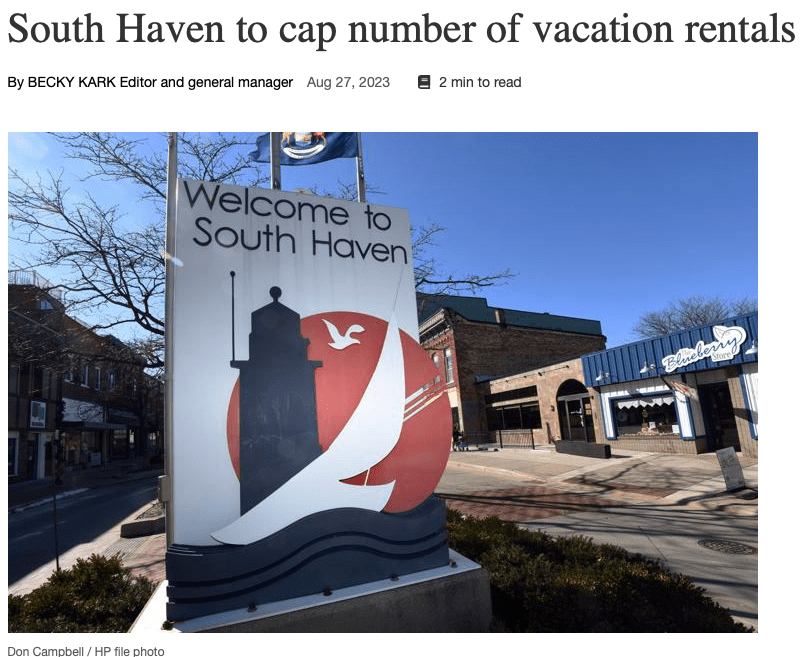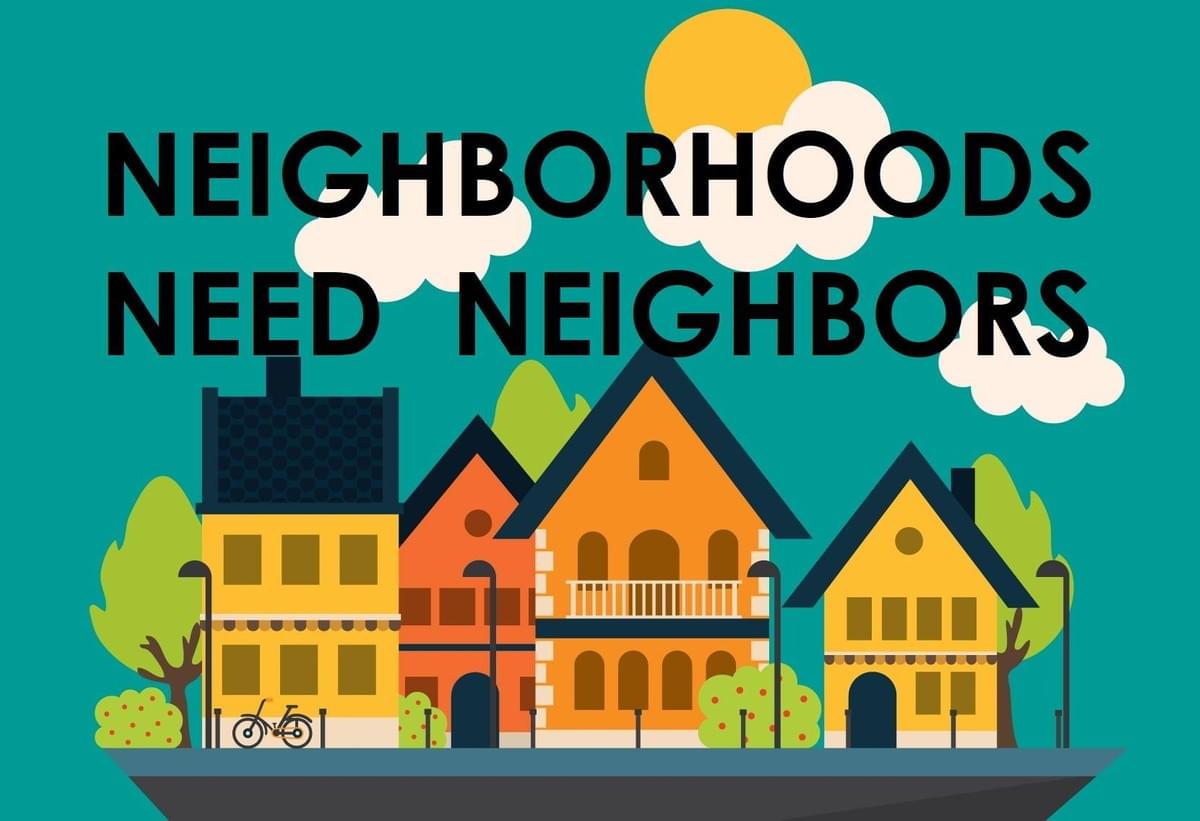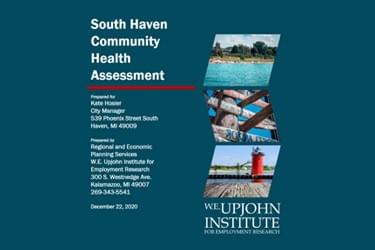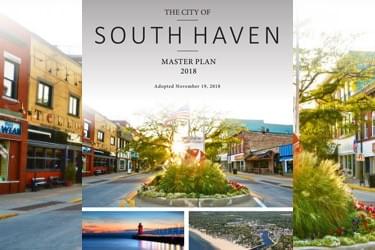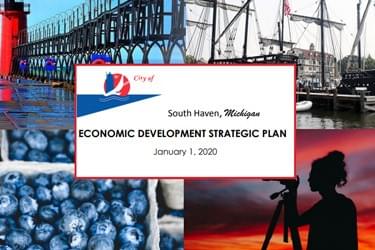
What is Neighborhoods Need Neighbors?
Neighborhoods Need Neighbors is a collective of City of South Haven, Michigan residents that wish for balance in our shared community. We love South Haven and those who choose to make their memories here. Our hope is to help preserve the character and legacy of our community for generations to come.

August 2023 STR News From South Haven City Manager Kate Hosier
A cap of 497 STR-Business permits was approved by city council.
Workshop
The City of South Haven has announced that the STR (Short Term Rental) Workshop will be held Thursday, April 20th, 2023 at 6:00 PM at the Integrated Learning Center inside L.C. Mohr / South Haven High School. Neighborhoods Need Neighbors and South Haven Vacation Rental Alliance have been invited to provide short presentations. This Workshop is open to the public and all are invited to attend to learn and show their support.
If you are unable to attend, please help by sharing this information with your neighbors and share any feedback related to the current STR Ordinance to city council.
Thursday, April 20, 2023 @ 6:00 PM
Integrated Learning Center at
South Haven High School
600 Elkenburg St
South Haven, MI 49090
- Neighbor Connection
Want to help or stay in the loop? Signup Below:
OUR
STORY
OUR COMMUNITY
South Haven is a beautiful community located on the shores of Lake Michigan. Boasting beautiful beaches, hiking and biking trails, marinas, restaurants, shopping, golf, a new adventure water park and more, South Haven is a premier Great Lakes vacation destination, attracting visitors not just from Chicago, Detroit and Indianapolis, but from around the World. South Haven is where memories are made.

THE SIGNS
Whether you call South Haven "home" full-time, part-time or have recently visited, you may have noticed the brightly colored Neighborhoods Need Neighbors yard signs that have popped up throughout the City.
The signs have been a grassroots effort to raise awareness that South Haven residents desire a balance in their community.
The biggest misconception is that Neighborhoods Need Neighbors desires the elimination of Short Term Rentals. That is false.
Neighborhoods Need Neighbors is a diverse group of neighbors located across all three of South Haven's Wards, representing many different political parties, ethnicities, religions, genders, sexual orientations, and socio-economic backgrounds. Neighborhoods Need Neighbors wants to see South Haven's character and economy alike, thrive for generations of residents and visitors.HOW CAN YOU HELP?
If you are a City of South Haven registered voter...
Email your Ward's City Councilperson and let them know balance with Business Short-Term Rentals (STRBs) matters to you.
Live in City of South Haven but not registered to vote?
Register to vote today! Local government matters and your vote counts.
We need your help!
We are looking for ways to engage and connect our neighbors as well as attract more full and part-time residents to South Haven. Signup to stay in the loop and share any ideas or suggestions you have.
Resources
Issued in 2020 by the W.E. Upjohn Institute for Employment Research, the South Haven Community Health Assessment Executive Summary (Pg 5-9) highlights the City of South Haven's "primary target should be
improving the livelihood of its current residents."The City of South Haven Master Plan guides development; promotes the public health, safety and welfare of the City; to encourage the proper use of resources; to facilitate recreation and other public impovements, and to consider the character of the City and the sustainability of particular land uses.
The City of South Haven Strategic Economic Plan is a roadmap for Strategic Achievement by the citizens and residents of the Greater South Haven area.
FAQS
What is an STRB?
STRB is a Short-Term Rental - Business Unit. A Short-term Rental Business Unit is a zoning use consisting of a residential dwelling unit that may be rented for more than 6 short-term rental terms and more than 28 days in a calendar year.
A Short-Term Rental-Personal Unit is a zoning use consisting of a residential dwelling unit that may be rented for no more than 6 short-term rental terms and not more than a total of 28 days in a calendar year. An example of a Personal STR would be someone renting their primary residence, summer home or second home for a limited number of days and stays throughout the year such as a busy festival weekend.Both STRBs and STR-Personals require a permit per the current Ordinance.
Why do South Haven residents want to change the STRB program?
The residents want to bring balance back into the character of South Haven’s neighborhoods.- South Haven allows more than twice the STRBs per capita as other comparable towns in west Michigan. This is contributing to significant population loss and an imbalance between our year-round and seasonal economies.
- South Haven currently allows unlimited STRB density. Entire residential blocks have become STRBs.
What STRB changes have been recommended?
(1) The current method of determining the maximum number of STRBs allowed in South Haven, based on a 1:4 ratio determined each year (meaning there were a maximum number of 471 STRB permits available in 2022). A fixed number cap of 250 STRB permits is suggested to replace the ratio calculation.(2) The total number of STRBs will reduce over time through attrition because of actions within the control of the STRB owners. One of the actions is the sale or transfer of an STRB property. A sale or transfer lapses the STRB permit as the permit is nontransferable. (Currently, permits are transfered with the property.)
(3) When the total number of STRBs falls below 250 and new STRB permits may again be issued, a new density requirement will apply that allows only two STRBs per city block.
What will be the immediate effect if the proposed changes happen?
The immediate impact of the changes would be no more STRB permits can be issued until attrition brings the total STRB permits below the 250 cap. As of 2023, STRB permits have been maxed out, so there would be no immediate impact to the current stakeholders.
Will these changes impact STRBs in attached condominiums and PUDs (Planned Unit Development)?
No, the changes will not impact STRBs in attached condominiums and PUDs (i.e., known as exempt STRBs).Will these changes impact PERSONAL-STRs?
No, the proposed changes would not impact personal STRs (i.e., those short-term rentals that have 6 or fewer rentals in a year for no more than 28 days of the year).
What will happen to existing STRBs?
Existing STRB permits would remain in effect until they lapse through attrition.
What do you mean by “attrition?”
Attrition means the owner of the STRB allows the permit to lapse based on any one of three actions the owner takes:- The owner allows the permit to expire and fails to renew the permit.
- The owner sells or transfers the underlying property.
- The owner is responsible for three or more Code violations in a calendar year that allows the City to revoke the STRB permit.
Aren’t the proposals for change “anti-tourism?”
South Haven residents know the city relies on tourism as one of the pillars of its economy. However, to thrive, South Haven needs a diverse economy supported by a year-round population. The proposed changes intentionally recognize the continued importance of tourism but promote over time making more housing available for people living permanently in South Haven, who will support a diverse, year-round economy. Changes would also aid to preserve the South Haven visitors have come to expect and strengthen our tourism industry for the long-term.
Will not reducing the number of STRBs to 250 hurt local businesses and the South Haven economy generally?
The reduction would occur naturally over as many as 10-20 years or more. The residents hope the homes that fall out of the STRB inventory will become homes for permanent residents. Permanent residents benefit our community's social fabric and support our local economy.
How did you settle on the number “250” as the maximum number of STRBs?
250 is over half of the maximum allowable STRB permits. 250 is a reasonable number for South Haven and is still per capita more than any other community in West Michigan. The 250 does not include the “exempt” STRBs in attached condominiums and PUDs (Planned Unit Development), of which there were 138 as of June 13, 2022.How would the change allowing a maximum of “250” STRBs compared to what other Lake Michigan resort towns in West Michigan allow?
Even with 250 STRBs South Haven will allow more STRBs per capita than any other municipality in west Michigan.
How long is it going to take for change to occur?
Because the existing STRBs will continue until reduction by attrition, based on the actions taken by the STRB owners, the projected change would take 10-20 years.
Why doesn’t the proposed change talk about noise, fireworks, firepits and parking?
These kinds of issues are part of the South Haven Zoning Ordinance. The City has just engaged a consultant and will be organizing a committee of individuals who, with the consultant, will review and recodify a new Zoning Ordinance.
Why didn’t the residents ask for changes that would have a faster impact?
The residents wanted to propose changes that are both balanced and fair. The reality is many property owners operate those properties as STRBs. Any change taken needs to be reasonable and defensible. The residents believe the best immediate impact is to stop more STRB permits being issued via the 250 cap and to allow the attrition of STRBs down to 250 over 10-20 years to provide a reasonable way to get to the final, desired state. This along with the changes that will happen via the review and recodification of the South Haven Zoning Ordinance will bring about a positive result for the neighborhoods.
Does changing the rules make it unfair to the business STR owners?
The proposed changes are based on balance and fairness to all. The residents want to re-establish a balance in the character of South Haven’s neighborhoods while recognizing there are many STRB owners have investments here. That is why residents are seeking an immediate cap on the date of enactment at the number of STRB permits that exist, letting STRB permits reduce through attribution over time.
How will South Haven benefit from these changes?
South Haven needs a diverse economy supported by a year-round population, while continuing to benefit from its reputation as a tourist destination. The residents believe both can co-exist. The residents want to return to that balance so that South Haven will have a thriving year-round economy boosted by the seasonal economy.
How does the 1:4 ratio in the current STRB ordinance works?
The 1:4 ratio, in simple terms, means that one STRB may exist for every four other residences that are not STRBs. This calculation occurs each year to set the maximum allowable STRB permits available. No other municipality is using a ratio method in its regulations of STRBs.
Why does South Haven need these changes now? Why can’t the changes take place next year or the year after?
Calls for change started almost immediately after the STRB ordinance and amendments passed in 2016 and 2018. The pandemic stopped the momentum. All the while South Haven continues to (1) lose population (a 10% drop in the last census), (2) lack affordable homes for permanent residents looking to locate, and (3) struggle to attract business to diversify the economy.
Hasn’t South Haven had STR for over 100 years? Isn’t the current increase in STR businesses reflecting the market growth in tourism that will correct itself eventually?
STRs have been around for a long time in South Haven, as well as all communities where tourism is a significant industry. Until recently, however, most STRs have been locally owned residences used as rentals. What has changed in the past 6-10 years is this has now a national industry whereby investors from outside the area buy property and convert the property into a business, renting to tourists on a weekly basis. Services like Airbnb and VRBO that provide national promotion of these properties exacerbate the situation. So STR activity in South Haven has changed from a cottage industry affecting a small number of properties in the city to a nationally promoted industry of corporate and non-locally owned properties being run as businesses within South Haven’s neighborhoods.
Why might people who are speaking against change to STRBs (e.g., STRB owners, realtors, and local business owners) support this proposal?
Those who are speaking against change to STRBs do not know the details of the changes and do not understand the effects will take years to complete. Rather, they fear that drastic changes are likely that will end the STRB program. That is not the case at all.
South Haven adopted an ordinance allowing STRBs in single-family neighborhoods. Is this consistent with recent court rulings?
No. The Michigan Court of Appeals recently held that short-term rental property does not constitute a residential use.
People may buy a house and run it as a STRB for several years to pay off the mortgage and then they move in as permanent residents. How will these changes affect those people?
People who are doing this should not see an impact. The reduction in STRBs will happen by attrition, and attrition will occur from direct actions by the owner. An owner may keep their STRB permit active and rent the property until they pay off the mortgage and then move into the home and become a permanent resident.CONTACT US / MEDIA INQUIRIES
Please fill in your contact details below.
If you'd like to signup to stay in the loop or to help, please use the Neighbor Connection Signup at the top of this website instead of the form below.
Copyright © 2023 Neighborhoods Need Neighbors
Website proudly designed locally in South Haven, Michigan, USA


